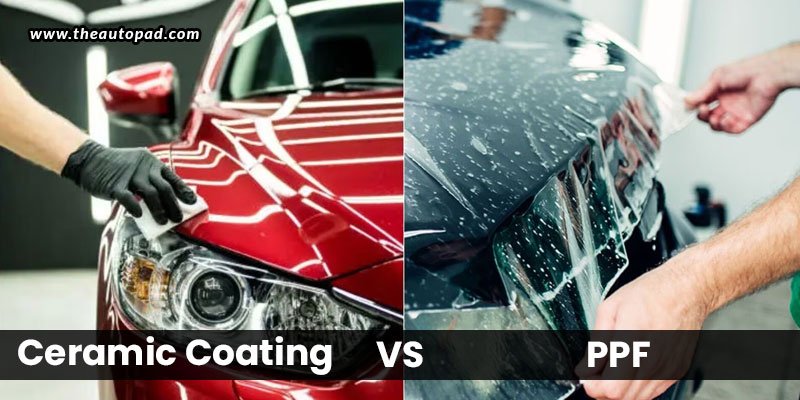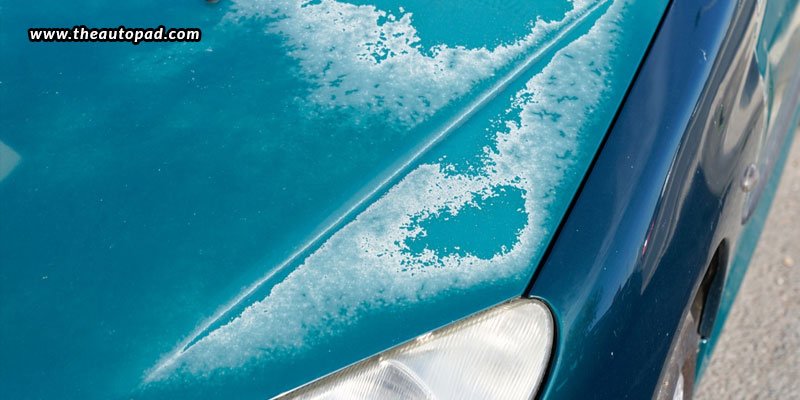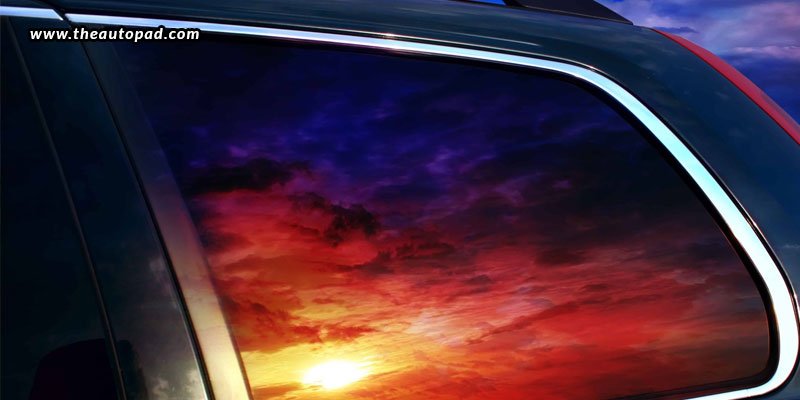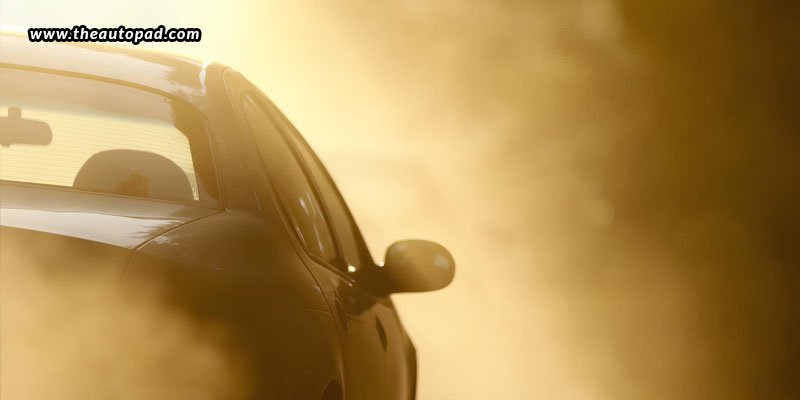Paint Protection Film (PPF) and Ceramic Coating are the two most widely used products on the market for maintaining the immaculate appearance of any car. Although they are both protective solutions, their roles and characteristics differ. By understanding their features, benefits, and drawbacks, this guide will help you select the best option for your car.
What is Paint Protection Film (PPF)?
Paint Protection Film (PPF), often known as a clear bra, is a transparent, flexible, and long-lasting urethane film that is immediately sprayed to the surface of a car. Its main purpose is to shield the paint from physical harm like small abrasions, scratches, and rock chips. The self-healing ability of contemporary PPF, which makes small scratches vanish when heated, is one of its best qualities. Because of this, PPF is a great option for drivers who regularly travel on roads or in environments where their cars are subject to physical dangers like debris. The film acts as a sacrificial layer by absorbing impacts and shielding the paint underneath from damage.
What is Ceramic Coating?
Ceramic coating is a liquid polymer that forms a semi-permanent protective layer by chemically bonding with the car’s paint. Ceramic coating offers remarkable resistance to environmental pollutants but no physical protection against scratches or chips. Cleaning is greatly facilitated by the hydrophobic coating it creates on the car’s surface, which repels water, dirt, and grime. Ceramic coating also improves the sheen and depth of the paint, giving the vehicle a showroom-quality finish that, with the right care, will last for many years.
Comparing PPF and ceramic coating
When it comes to protecting vehicles, Paint Protection Film (PPF) and Ceramic Coating have different advantages. While ceramic coating offers little protection against physical damage but is resistant to swirl marks, PPF excels at protecting against physical damage by absorbing impacts from debris, scratches, and chips. It also has the ability to self-heal tiny scratches. Both provide UV protection, but ceramic coating has better stain, chemical, and UV resistance. PPF has a mild hydrophobic effect, while ceramic coating has a far superior one and much more efficiently adds gloss and depth. Depending on quality, PPF can last anywhere from five to ten years, whereas ceramic coating, with the right maintenance, can last anywhere from two to five years.
Advantages and limitations of PPF
- Advantages: Paint Protection Film (PPF) is a popular option for vehicle protection since it provides a number of benefits. It offers complete defence against physical harm, especially in high-impact locations. Furthermore, PPF is self-healing, which means that when heated, it may repair small abrasions. Another advantage of premium PPF is its durability; the film can last up to ten years. An additional noteworthy benefit is its invisible shield, which provides protection without sacrificing style by preserving the vehicle’s original look with a transparent application.
- Limitations: PPF is not without its limits. The cost is a significant disadvantage because premium protection is more expensive than ceramic coating. Additionally, improper installation may result in noticeable bubbles or borders. Poorer PPF can eventually become yellow, especially on white automobiles, which can make the car look less appealing. Last but not least, although PPF offers protection, it lacks the cosmetic advantages of ceramic coatings, which include improving paint gloss or depth.
Advantages and limitations of Ceramic Coating
- Advantages: For car owners looking for a better look and easier maintenance, ceramic coating has a number of benefits. It gives the car a lustrous, showroom-like shine that can make it appear like new. Because the hydrophobic surface repels dirt, washing isn’t necessary as frequently. Furthermore, ceramic coating protects the vehicle from impurities like tree sap, bug spatter, and bird droppings, prolonging its clean appearance. Its affordability, which provides long-term paint protection at a lower initial expenditure than PPF, is a major advantage.
- Limitations: There are certain restrictions associated with ceramic coating. It cannot guard against chips or scratches brought on by debris since it lacks impact resistance. Even though cleaning is easier, the coating still needs to be cleaned and maintained on a regular basis to remain effective. Additionally, the coating needs to be reapplied every a few years due to its limited duration. For best results, expert installation is required because the coating is susceptible to improper application, which might render it ineffective.
Which should you choose?
The decision between Paint Protection Film (PPF) and ceramic coating ultimately depends on your lifestyle, driving habits, and other requirements.
- For people who regularly travel on highways or gravel roads, where rock chips are a typical problem, PPF is suitable. For owners of expensive cars or high-end vehicles that need to be protected from physical harm, it’s also a fantastic choice. PPF is the best option if longevity and all-around protection are important to you.
- For people who want to improve the look of their car and make maintenance easier, ceramic coating is a fantastic option. It is especially helpful if protecting the environment—such as protecting your car from water stains, bird droppings, and UV rays—is your top priority. If you’re on a tighter budget but still want long-lasting paint protection, ceramic coating is an excellent choice as it’s less expensive than PPF.
- For those who want the best of both worlds, combining PPF and ceramic coating is becoming a more and more popular choice. This approach entails coating the entire car with ceramic coating to improve shine and provide a hydrophobic barrier, after applying PPF to high-impact areas to prevent physical damage. This combination guarantees that the car will continue to look beautiful over time in addition to providing complete protection.
Both ceramic coating and PPF have special benefits and are designed to meet certain protection requirements. PPF is the obvious choice if physical protection is your top concern. On the other hand, ceramic coating is a great option if you want to improve the shine of your car and make maintenance easier. Whichever option you decide on, getting the highest possible return on your investment requires expert installation and regular upkeep. For instance, you can turn to Autopad for professional services. No matter what your choice, Autopad has both the options to offer. Autopad is the “ceramic coating near me” you could be searching for to give your car a glossy surface and long-lasting defence against environmental damage and pollutants. However, if you want to guarantee better protection against rock chips, scratches, and physical damage, Autopad “Paint Protection Film near me” is what you could be searching for, making it ideal for high-impact areas of your car. Choose wisely and ensure that your car stays pristine for years.




